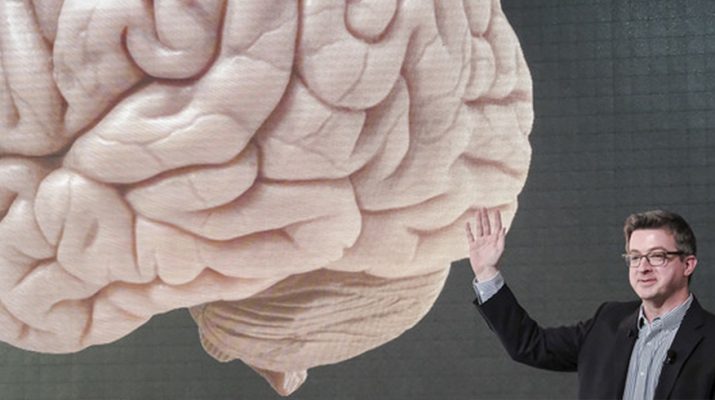David Cox, Assistant Professor of Molecular and Cellular Biology and Computer Science at Harvard, explains how his lab is working with others to reverse engineer how brains learn, starting with rats. The fast-advancing fields of neuroscience and computer science are on a collision course. By shedding light on what our machine learning algorithms are currently missing, this work promises to improve the capabilities of robots – with implications for jobs, laws and ethics.
David Cox is an Assistant Professor of Molecular and Cellular Biology and of Computer Science, and is a member of the Center for Brain Science at Harvard University. He completed his Ph.D. in the Department of Brain and Cognitive Sciences at MIT with a specialization in computational neuroscience. Prior to joining MCB/CBS, he was a Junior Fellow at the Rowland Institute at Harvard, a multidisciplinary institute focused on high-risk, high-reward scientific research at the boundaries of traditional fields.
His laboratory seeks to understand the computational underpinnings of high-level visual processing through concerted efforts in both reverse- and forward-engineering. To this end, his group employs a wide range of experimental techniques (ranging from microelectrode recordings in living brains to visual psychophysics in humans) to probe natural systems, while at the same time actively developing practical computer vision systems based on what is learned about the brain.

